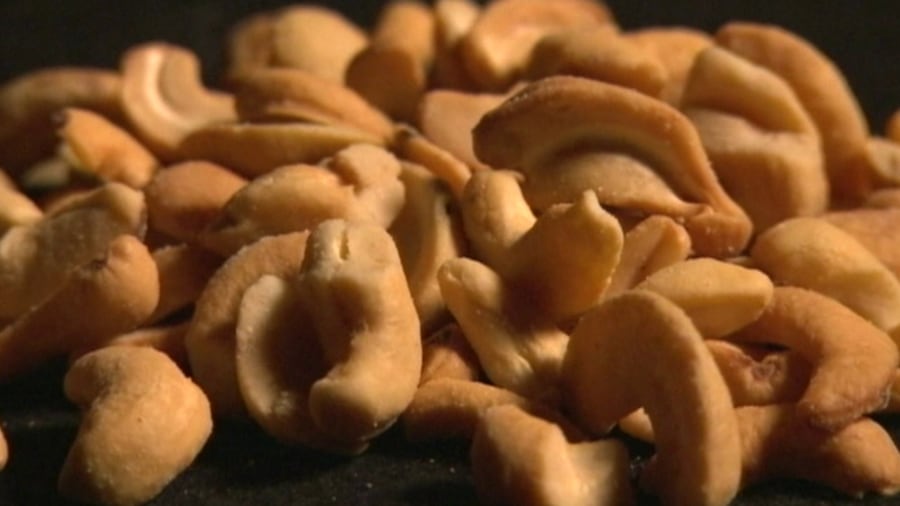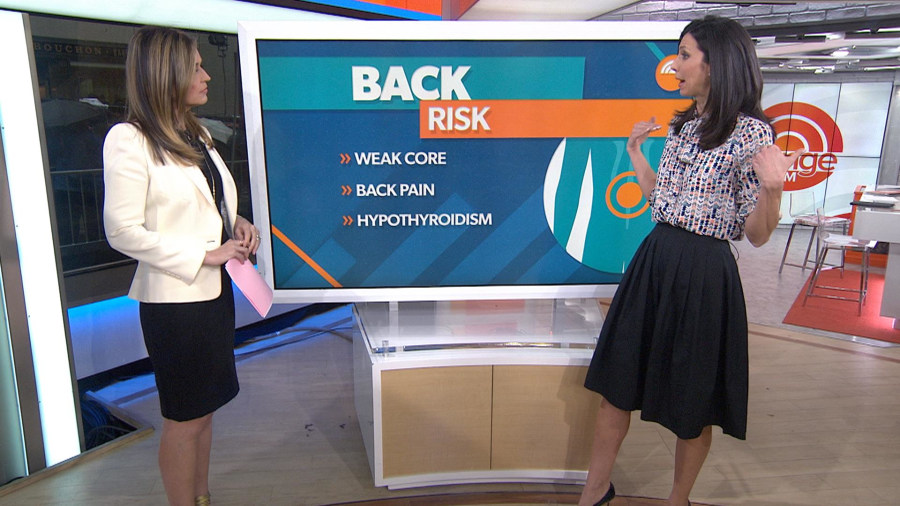We live in a world where nutrition advice is merely a click away. Not all of it is sound or evidence-based, though. As a dietitian, I see this all the time with my patients whose diets reflect great intentions and motivation to improve health — but from misguided sources. Here are a few popular myths that it’s time to debunk.
1. To lose weight, just eat tons of protein.
I put many of my patients on diets that have moderate amounts of fat and protein with a lower intake of “smart carbs.” Yet, many come to me wanting to eat nothing but beef, chicken and gobs of whey protein, and avoid all carbohydrate sources. This animal-heavy approach may pose bigger problems (such as increased mortality and cancer risk) and experts often question the sustainability of very high protein diets.
Experts: Nutrition more important than calories for heart health
PLAY VIDEO – 0:29

RELATED: 5 plant-based protein sources to add to your diet
While protein does in fact increase fullness and satisfaction, one study found hunger was better controlled from protein sources like beans and peas. Bottom line, taking protein up a notch is beneficial to your waistline, but balance it with other macronutrients, and consider plant- and fish-based sources at least half the time.
2. If you want to get all the nutrients from your food, it has to be raw.
The raw movement is big, with many devoted followers, but raw is not always the best way to achieve bioavailability and disease-fighting capability from food. In fact, several foods are better absorbed when they are steamed (like broccoli), or cooked (like tomatoes). Raw is great a lot of the time, but sometimes, you need a little heat to allow beneficial compounds to thrive.
RELATED: 5 drawbacks of the raw, vegan diet
3. Coconut oil is the miracle food we all need.
People love coconut oil, and many have boasted about its impact on health, but the problem is randomized, controlled human studies are lacking and have not caught up with the enthusiasm. I’m not suggesting to avoid coconut oil entirely, but piling it on everything may not help you live to 100. On the other hand, strong studies on the benefits of olive oil, nuts, seeds and fatty fish are prevalent. Isn’t it time to give the less sexy fats the attention they deserve?

4. It’s important to “cleanse” or “detox” at least once a month.
We are born with a detox organ called the liver. It prefers nutrient-dense foods, avoidance of sugar and a healthy weight. If you treat the liver right, it will detoxify as it should. Spend your money to make that happen, not on miracle cleanses.
5. The most important meal of the day is breakfast.
While evidence is still strong that breakfast helps kids perform better in school, for the rest of us, the argument is fading. That’s because reviews of studies that touted breakfast as the most important meal of the day were not as strong as we thought, and many of them were funded by the very people who profited from our “traditional” breakfast habits. Instead, I tell my patients to eat when they are hungry, and focus more on the quality of their meal than the timing.
source”indiatoday”










